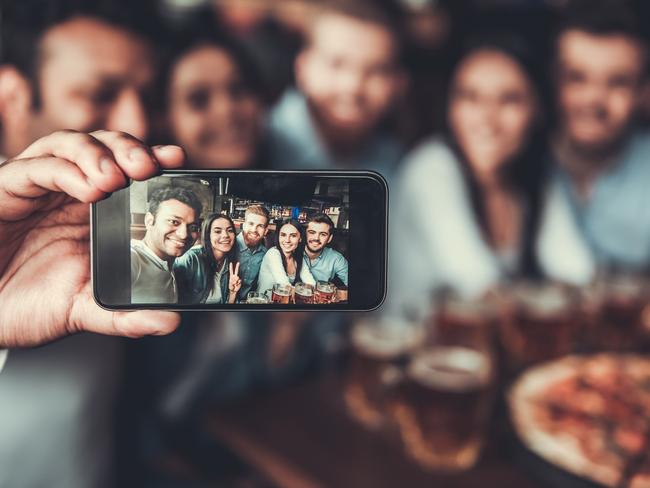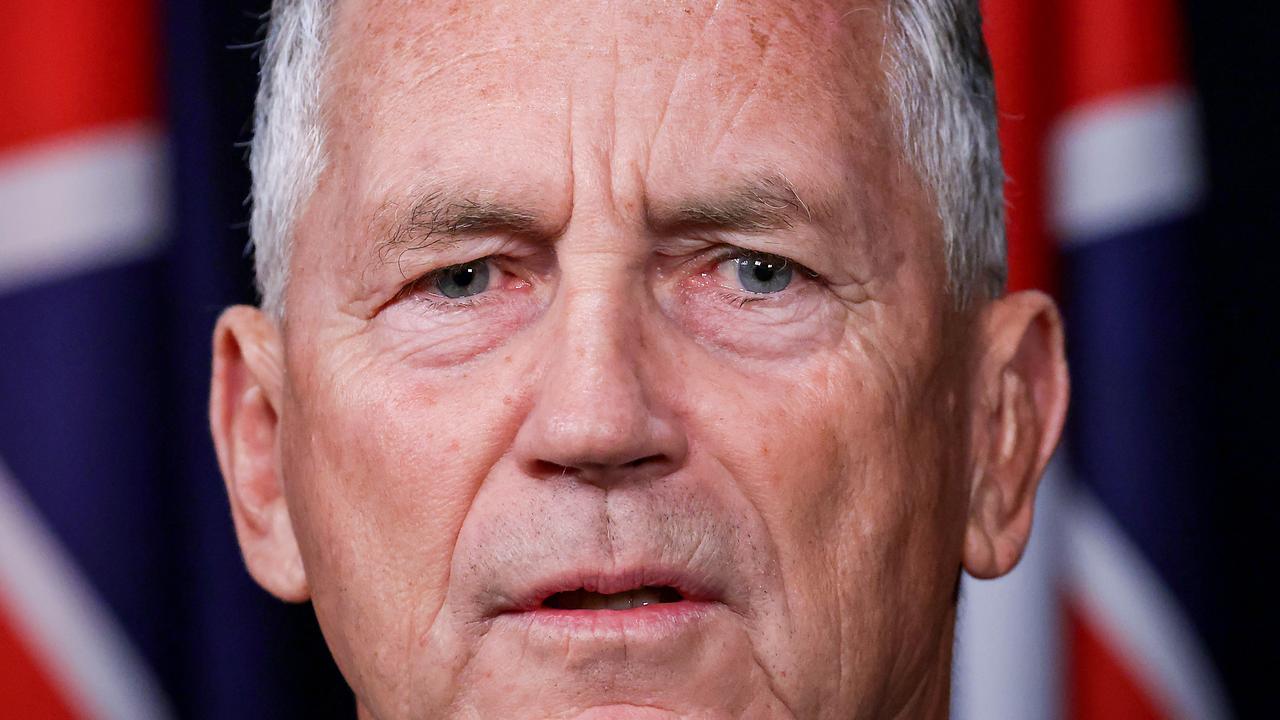One in five Aussies risking their job over their social media presence
One in five Aussies fear they could lose their job over social media posts, but they aren’t doing much about it. With employers running full online background checks, here’s what you can do to protect your personal brand.

Careers
Don't miss out on the headlines from Careers. Followed categories will be added to My News.
Social media is not a new phenomenon and there are many high-profile instances of rogue posts costing workers their jobs, yet Australians continue to ignore the warnings to clean up their digital footprint.
New research from McAfee reveals almost one in 10 (8 per cent) have posted negative content about their current workplace, one in five (19 per cent) believe they could lose their job over their social media content, and almost a quarter (23 per cent) know someone who has had career or job prospects negatively affected by social media content they have posted or been tagged in.
Despite this, 25 per cent only delete posts after a crisis and 28 per cent cannot remember the last time they checked their privacy settings.
McAfee chief human resource officer Chatelle Lynch says they run full social media background checks when hiring as they can provide valuable insight into whether a candidate will fit a company’s culture.
“An employee is a reflection and extension of the company they work for, so it’s important to ensure they aren’t posting any content that might violate a company’s code of conduct and be offensive or inappropriate,” she says.

The research reveals two thirds of Australians (67 per cent) are embarrassed by their social media profiles.
The most common causes are content depicting drunken behaviour, comments that can be perceived as offensive, embarrassing outfits, wardrobe malfunctions, and being in their underwear.
MORE NEWS
What your office could look like in the future
Why Aussies wish they had traded up
McAfee online consumer safety expert Alex Merton-McCann says it is always best to think twice before posting something online.
“It happens to the best of us, with even high-profile celebrities and public figures having old social media posts come back to bite them,” she says.
“What is particularly concerning is the number of people who haven’t deleted old social media accounts that they aren’t using or checking.”
One in 10 Australians (11 per cent) admit they have no idea how to change their privacy settings on social media and many do not know how to close down inactive accounts (16 per cent) or do not know the passwords or no longer have access to the email addresses they used to set them up (34 per cent) – effectively locking them out.
“Give your social media accounts a ‘digital health check’ on a regular basis, and take the opportunity to un-tag, report or delete any embarrassing or inappropriate content and increase your privacy settings,” Merton-McCann says.
“Not only will you reduce the chances that this content will be used against you by prospective employers or even your friends, but it will stop cyber criminals with more malicious intentions from accessing your personal information.”

The all-powerful “first impression” used to be based on a person’s handshake, demeanour and ability to maintain eye contact, but now it is online, too.
Career expert and Change Meridian founder Michelle Gibbings says people very quickly make an assessment as to whether they like someone, trust them, want to work with them or want to do business with them.
“Research highlights we have somewhere between seven to 15 seconds to make a first impression face-to-face,” she says.
“As much of our lives now play out on social media, the same holds true – albeit in a different way.
“A statement, a comment or liking an article, which only takes a few seconds to post, will be attached to your reputation forever.
“While that action may not represent your whole perspective on an issue, it will shape how people see you and how they assess your character and reputation.”
Gibbings highlights the importance of workers managing their personal brands – including through social media.
“In a digital world there is no separation between a personal brand and your professional brand,” she says.
“Your reputation is one of your most important career assets, and so it pays to treat it as such.”
She advises workers to know what they stand for and making sure their online reputation aligns with what they want to be known for.
“When you own your reputation, you actively seek to understand how others see you, and how you see yourself,” she says.
“This includes identifying where there are gaps between your desired and actual reputation, and then setting about consciously constructing a reputation that works for you in the long term, by being positively and sustainably developed.
“Maintaining a positive and progressive reputation requires work – daily – and it isn’t something you can take for granted.”

FIVE WAYS TO PROTECT YOUR ONLINE BRAND
1. CLEAN UP YOUR PAST
Sift through your old and neglected social media accounts and delete any unwanted tags, photos, comments and posts so they do not come back to haunt your personal or professional life.
2. LOCK DOWN YOUR SETTINGS
Leaving your social media profiles on public setting means anyone who has access to the internet can view your posts and photos whether you want them to or not.
While you should treat anything you post online as public, turning your profiles to private will give you more control over who can see your content and what people can tag you in.
3. NEVER REUSE PASSWORDS
Use unique passwords with a combination of lower and upper case letters, numbers and symbols for each one of your accounts, even if you don’t think the account holds a lot of personal information.
If managing all your passwords seems like a daunting task, look for a security software that includes a password manager.
4. THINK BEFORE YOU POST
Will it have a negative effect on you or someone you know down the track?
Does it give away personal information that someone could use against you?
Making these considerations before you post is the best way to avoid some serious regrets in the future.
5. USE EXTRA PROTECTION
Threats such as viruses, identity theft, privacy breaches, and malware can all reach you through your social media.
Install a comprehensive security software to protect you from these nasties.
READ MORE EMPLOYMENT NEWS IN THE CAREERS SECTION OF SATURDAY’S THE COURIER-MAIL, THE ADVERTISER, THE DAILY TELEGRAPH AND THE HERALD SUN.


